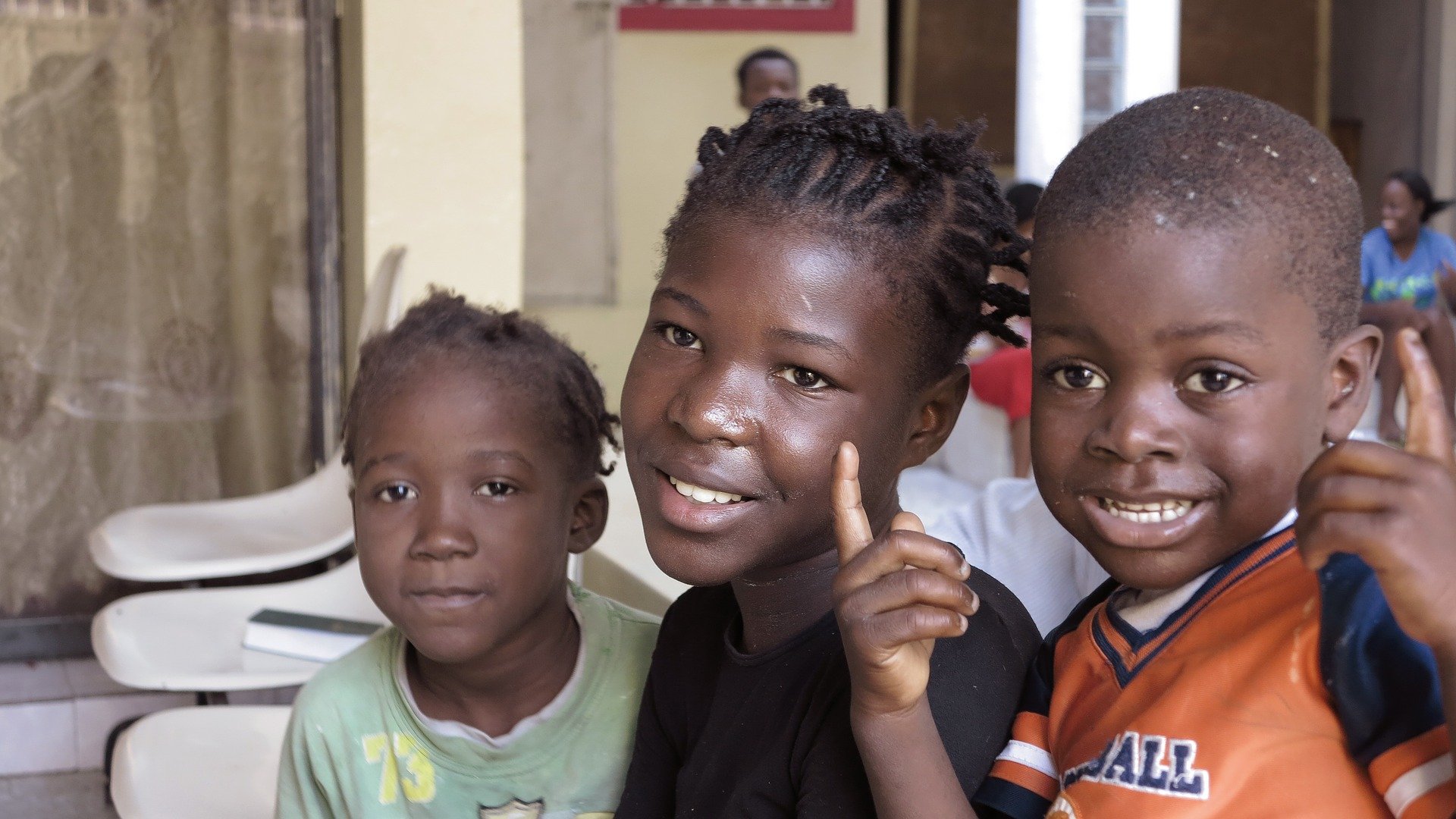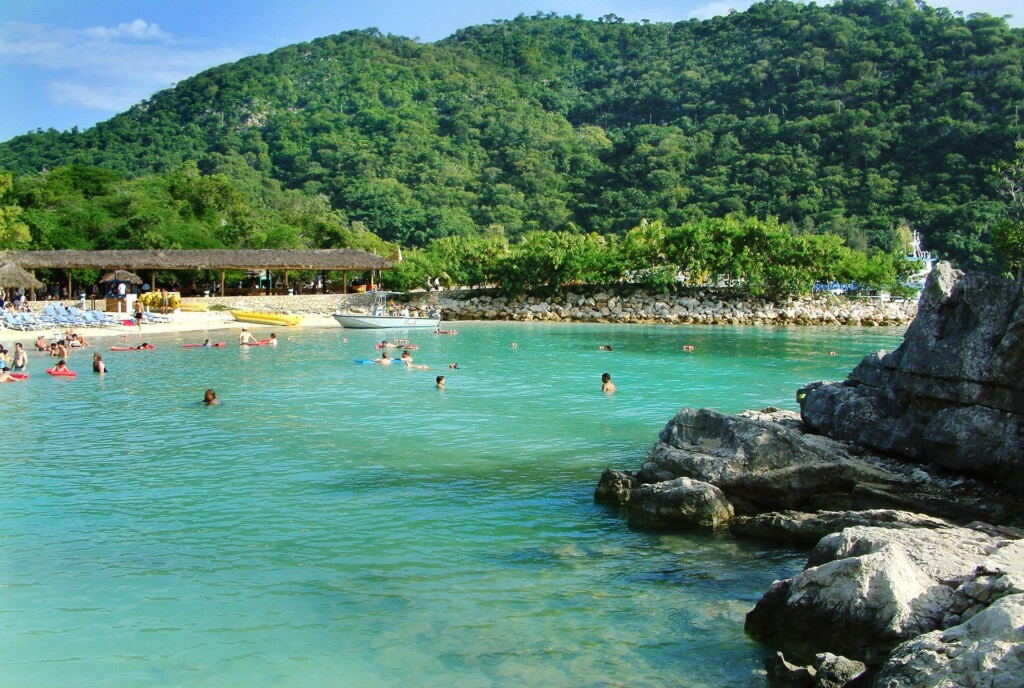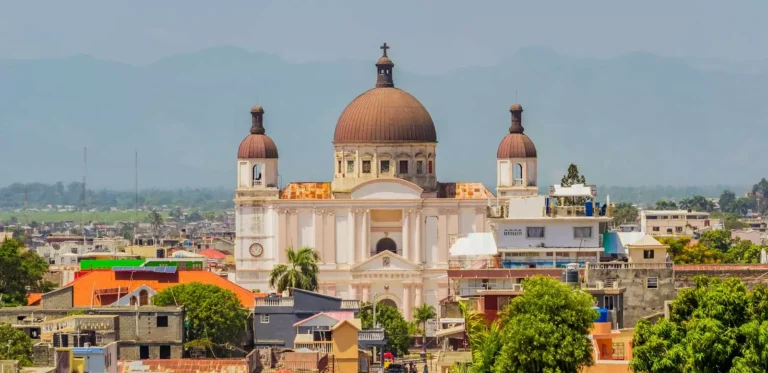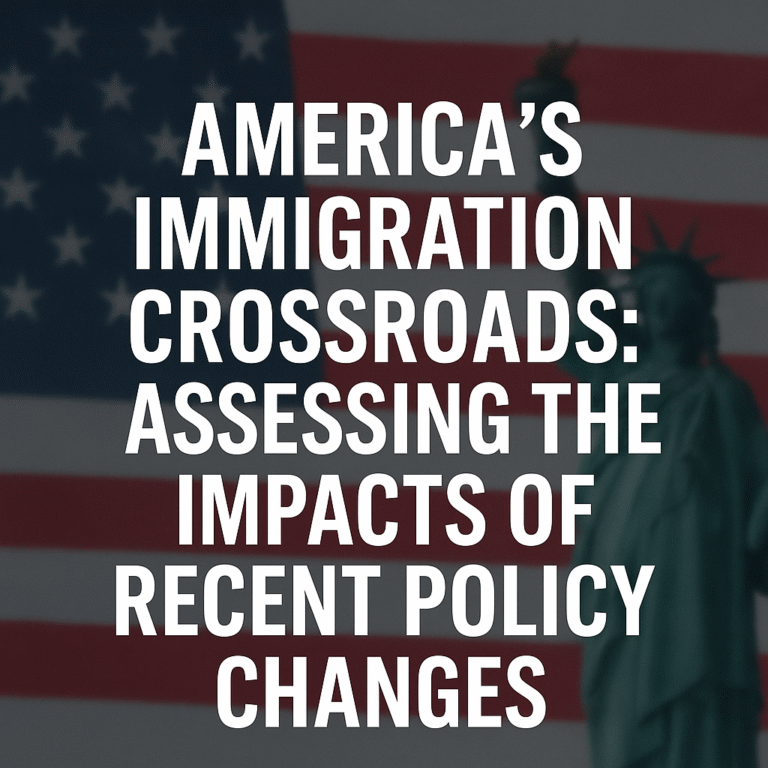
You Know Haiti is a rich country in skilled workers, intelligent minds, and innovative ideas? The educational segment of people in Haiti was persecuted, assaulted, and discriminated from the François “Papa Doc” who attempted to erect his throne.
Though the François “Papa Doc” was successful in making his way through the illicit ways. The one thing that was happened was the mass scale migration of the educated and able population.
This diaspora of the educated, skillful and expert people was the point where the economy of the Haitian decline. This is the point where the free hand to the regime was awarded and the subject endures havoc.

The contribution of the Haitian in rebuilding the shattered country and how they make their reconnection with the hometown people, what circumstances shaped the digital revolution in Haiti, and how they come again in normal living? I will give all the answers to these questions in this article! Bingo! Stay active!
Where are Haitian Diasporas?
The point of concern is where are the Haitian diasporas? Where they are living now? Why they left their country? According to the famous statistics about 70% of the intelligent mindsets of the Haitians living outside of the Haiti. Most of the skilled and capable migrants of Haiti are living in the United States, Dominican Republic, and Canada as diaspora communities.
It is a furious debate issue about the diaspora population of Haitian and why they left in the first place? The economic condition of the Haitian is already fledgling and is on the brink of collapse. Poverty is on the rise and the per capita income is decreasing day by day.
The researchers and scientists are paying close heed to the problems of the aboriginals and devising strategies to bring them back, or at least creating some ways to make their contribution to their homeland. The diaspora population is intelligent, hardworking, innovating, and creative. If they can come back or can contribute to the development of Haiti, then it can prove a milestone in the history of the Haitians.
Why Haitians Left?
Before 1960, most of the hiatus population was stationary and most of them were labor in neighboring Caribbean Island. Their mass migration to developed countries such as United States, United Kingdom, and other European counties was insignificant.
They were reluctant to migrate because of racial discrimination, segregation, and social and cultural prejudice. The ease at home prohibits them to leave their country under even drastic and tense economic conditions.
Spectacularly less than 2000 Haitians migrate to the United States between 1900 to 1950. The dictatorial regime of François “Papa Doc” Duvalier brought the first massive migration of the Haitian upper and middle-class families. Through this wave of migration, most of the great and able families migrated to Francophone Africa, United States, Europe, French, and Europe.
The dictator wanted to create a black aristocracy which allowed the migration of the mass middle and elite class population on a wide scale. The execution, discrimination, persecution, and confiscation of properties allegedly give an unprecedented rise in the migration of the Haitian population.
Though this migration was making the throne strong but draining the Haitian of capable and skilled people. These people were the backbone and wherewithal of innovation. The only force of resistance was expected from the educated people, the migration of whom give an edge to the François an upper hand over the resources of the Haitian.
The Changes in the U.S. emigration and civil rights law in 1960 even give more leverage to the emigrants of the Haitian. The support for the Duvalier regime from the United States further facilitated the migrant of the Haitian.
The severity of the Haitian migration lies in the chain series of migrants. Where one person migrates to the United States, gets legal status, maintains a household, and then recruits his family and relatives.
If you want to make your country prosper, then you have to contain the skilled workers, the intelligentsia of your society, and preserve the integrity of the educated community. Only by increasing the certainty on the security of the individuals you can stop this migration and can contain the rising number of the diasporas.
Diaspora Consciousness
Most of the emigrants of Haitian in the United States and Canada are well off, and they have better resources of consumption. As compared to the population living in these countries the workers of the Haitian on Caribbean Island are poor and inept in technical skills.
The better-off conditions of the Haitian migrants in the United States and Canada are because of multiple reasons such as the education level of Haitians upon arrival to these countries, the educational facilities available to emigrants, and different economic activities. It limits the population of the Haitian at Caribbean islands to labor chores, and their economical and education condition is relatively meager.
One important factor to Highlight is the unjustified prejudice of the western people towards the Haitians emigrants. The U.S. Centers for Disease Control and Prevention showed some cases of AIDs and TB in the emigrants from Haitian. These were false statements which taken back. But this left the emigrants in the unwanted circumstance prejudice which was based on false allegations of the viral diseases.
Though in this case, the Haitian emigrants were in a community but mentally and psychology they were segregated and were in isolation. Their constant protest even remained futile and could not eradicate this false discrimination that was inflicted upon them.
The rift was even exacerbated when the CDC give preference to the treatment of people of Cuban boat arriving in Florida’s beach over the Haitian’s people. The increasing discrimination and segregation tormented and disturbed the Haitian emigrants. This left them in isolation and for containment, earthquake, then even in a happy community.
The situation in which they went after the unjustified discrimination and prejudice as known in Sociological terms as “Diaspora consciousness”.
This consciousness makes them alone in the developed communities and evokes a keen sense to return to their homeland.
Haitian Introduction
Haiti is in the western one-third of the island of the Caribbean Sea and the Hispaniola between the North Atlantic Ocean and the Caribbean Sea.
Haiti is a small tropical country in the west of the Dominican Republic and south of the Island of Cuba. Haiti is a beautiful mountainous land that has big forts. During the upheavals of the time, they face some disastrous hurricanes which brought the apocalyptic storms.
Haiti confronted disastrous hurricanes and storms in 2008. In 2010, an earthquake shattered the island and disrupted all forms of communication drastically.
The earthquake of 2010 in Haiti was the inception point of the new digital age, where all forms of technology were introduced in the earthquake’s aftermath disaster.
The intensity of the earthquake was so much that the palace of the president in Port-au-Prince was destroyed. Moreover, the conventional modes of communication for all the diasporas of Haiti were completed, destroyed, and disrupted.
Earthquake, the inception point of Reconnection of Haitian Diasporas
The diasporas living in the United States and Canada were at their best ease to connect with their near ones in Haiti. They were in constant connection through conventional communication before the 2010 earthquake which wreaked havoc on all the sectors of Haiti.
It fell apart many of the conventional lines of communication in Haiti as a result of the earthquake. The cell phone towers, fiber optic cables, television, and radio stations all were broken down and destroyed. The landlines of telecommunication were choked off due to the severity of the earthquake.
The Haitians as well as the Diaspora who were in extreme need to make a connection with their people in their hometown were at the shift of technological use.
It is a noteworthy tragedy that after the earthquake in 2010 mostly of the Haiti services of calls were broken. It’s two main telecommunication providers, Voila, and Gigicel, had left their cell towers on top of the building leaving other vulnerable. The situation was so horrific that every person was anxious and disturbed.
The fiber-optic cable undersea connecting Port-au-Prince to the Bahamas was damaged to an extent that the cellular communication was impossible.
The situation was awful and those who have internet access could have a connection with their near ones. Even the most blessed people were those who have access to Facebook, WhatsApp, and Twitter. Through these platforms, the Haitian could keep updating the population of the diaspora through the online images and voice and video calls.
The residents of the Haitian Facebooked themselves and all their relatives and friends to have open and barrier-free access to the relative that is in other countries. It refurbished the diaspora connection with the rise of the technology.
How Social Media network is making the world a global village?
Before social media and technological breakthroughs of the modern era, people were more eager to meet one another. There were long distances, the slow movement of the vehicle, and uneconomical modes of transportation.
There were days to wait for relatives and friends and daunting long ride journeys. The invisible form of social media network is creating a complacent environment and opportunities for all the people around the world.
There are expressions, freedom of speech, and social networking of different political organizations with the same aim and motto. The manifesto of social media networking is vast and covers a broad range of disciplines of life.
Over two billion people are using Facebook, 3 billion people using email, and over 100 billion researches a month on Google. Their visible results are shaping a new reality. People want to know, and they are creating awareness in themselves about the world through the use of Social Media networks.
Not only social media networking, just connecting people for fun and amusement, but there is a serious deal of business that is going on in these platforms. For example, HOOTSUITE estimated 51.3 billion dollars generated through the advertisement only.
There is a famous saying that “People are too busy on their mobiles they don’t talk anymore”. Things are changing swiftly and leaving their long-lasting impact on all humanity all over the world.
In Haitian, the stats are more interesting about the usage of the social media network. According to the September 2020 statistics, there are about 81.52% of people who are using Facebook, 10.19% are using Pinterest, 4.09% are using YouTube, 3.71% are using Twitter, 0.3% are using Instagram, 0.11% are using Tumblr.
This percentage of citizens is increasing exponentially and is shaping a new society of citizens dominated by citizens.
How our Social Media Network DIMWEM will create a far stronger connection with the Diasporas?
The connection is a feeling of sympathy for others. The relation Haitian has with their diaspora counterparts dwelling in other countries because of multiple reasons such as unjustified persecution, assault, confiscation of properties, and brutal behavior.
In a cooped up environment, you cannot express your feelings, your thoughts, and your ideas. Your ideas matter at every point of life. The ideas shape the reality of existence and ideas which have the potential to open new worlds through which infinite opportunities can be created for the depressed, oppressed, and impecunious people.
The team at DIMWEM creates novel ways, the ways to give the vent to your suppressed emotions and to give to take breath freely.
We have all the policies which are protected, secured, and to give you the maximum advantage and leverage to have access to the far-reaching corners of the world.
The user accessibility, the availability of the Haitian people, and diaspora at the same place provide you a cozy environment where the freedom of expression has no block and where new relations are created easily.
The DIMWEM is eliminating the nostalgia of not having glitches in the smooth connection. The positivity of the reunion of the diaspora is serendipitous for the Haitian people. Not only it will create new opportunities but also will eliminate some barriers in the development of the Haitian areas which were abandoned due to the unawareness of the diasporas.








